It’s September on the Front Range. That means cooler evenings, brilliant sunsets and chiles!
It’s also Local Food Month in many regions, so I popped in at Ollin Farms Chile Festival for some pepper tasting, chile roasting, music and recipe fun. The farm stand was loaded with beautiful, jewel toned sweet peppers and hot chiles, in varieties you won’t find in most grocery stores.
I sampled sweet peppers with names like Orange Blaze, King Crimson Bell, Islander and Atris. And there was a hot pepper called “Fish,” an heirloom variety noted by Slow Food USA Ark of Taste as worth preserving. I bought a dozen jalapenos for stuffing, and a bag of fresh, fire roasted Big Jim green chiles. Then I headed over to the tasting table to sample a potato and poblano dish. Yum.
Both chile peppers and sweet peppers belong to the capsicum family, the major difference being that chiles contain fiery capsaicin. In general, the smaller and more pointed the pepper is, the hotter it is. Hot peppers are rich in beta-carotene, carotenoids, lutein and vitamin C. They raise your endorphins and wake you up!
Chiles may also help you lose weight. Studies in animals and people have shown that eating chile-containing meals increases fat and calorie burning. They also have a beneficial effect on insulin levels. A study published in the 2006 American Journal of Clinical Nutrition reported that persons eating meals containing cayenne chile had less insulin in their bloodstreams after eating. The effect was even more dramatic in individuals with the highest body weights.
Sweet peppers, in addition to being delicious, have health benefits too. They’re high in vitamins C and Vitamin A, an immune system stimulator, and in the mineral potassium. They also contain Vitamin K which is vital to bone health.
Peppers may also help lower the risk of cancer. They’re one of the few foods that contain lycopene, a carotenoid that has been studied quite a lot in regard to prostate cancer. And red peppers contain beta-cryptoxanthin, a carotenoid that may lower the risk of lung cancer.
One note of warning, bell peppers are one of the top foods contaminated with pesticides. Avoiding pesticides is one of the best reasons to buy organic, or even better, from a local farm that practices low or no-spray farming. Mark Guttridge of Ollin Farms practices the biological nutrient-dense farming model and never sprays his crops with pesticides. This farming model goes well beyond “organic.” He puts a lot of effort into ensuring the soil on his farm has the right macro and micro nutrients, in the right balance, to produce the best tasting, nutrient dense fruit and vegetables possible.
It’s likely chile season where you live too. In honor of Local Food Month, use a resource like EatLocalGrown.com to find a farm nearby. Even if you have to drive a bit out of your way, it’s worth it to get the best tasting, most nutritious produce possible.
Eating too much processed food?
Get your copy of the Busy Woman’s Guide to Quick & Painless Healthy Meal Planning.


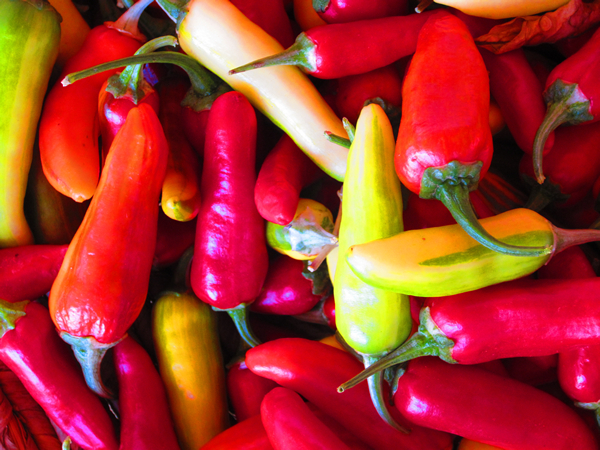
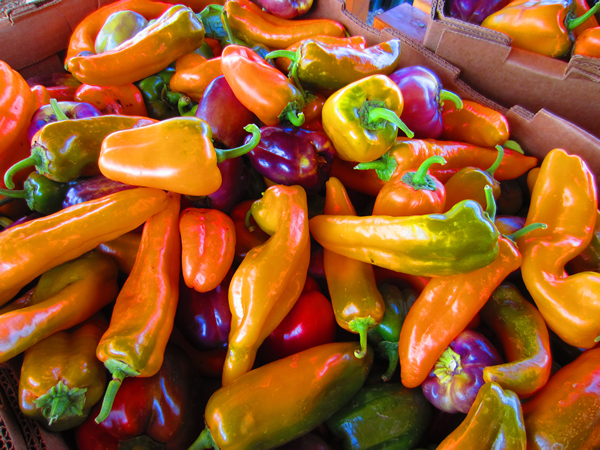
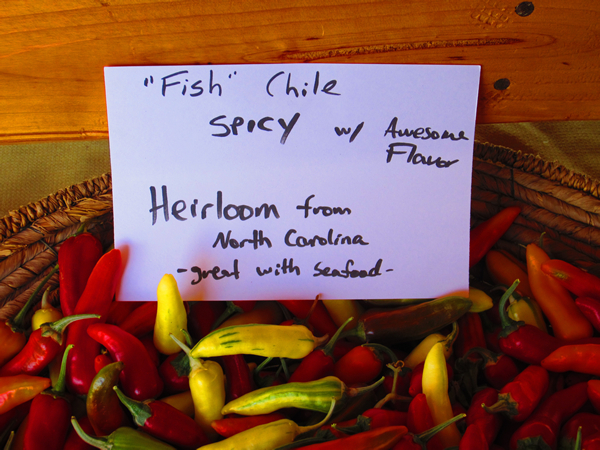
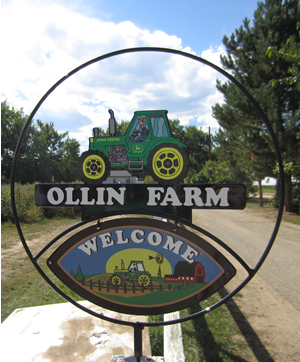


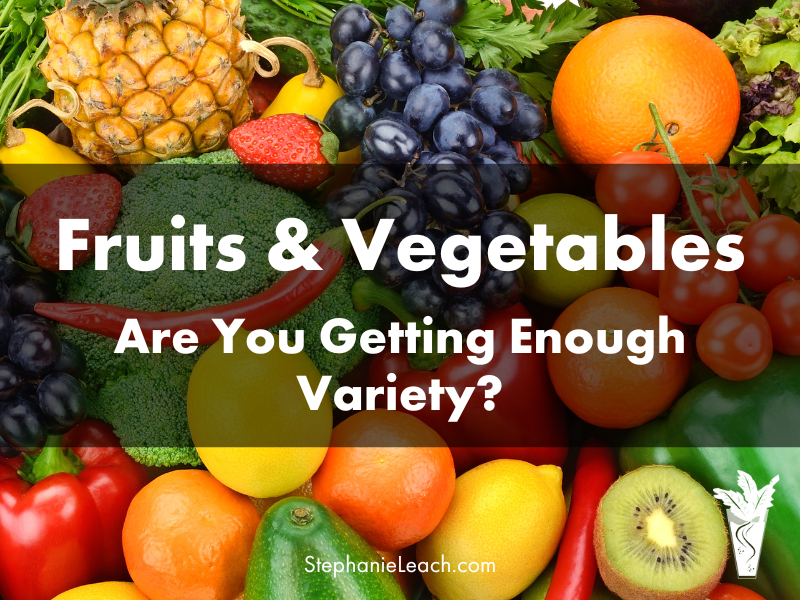
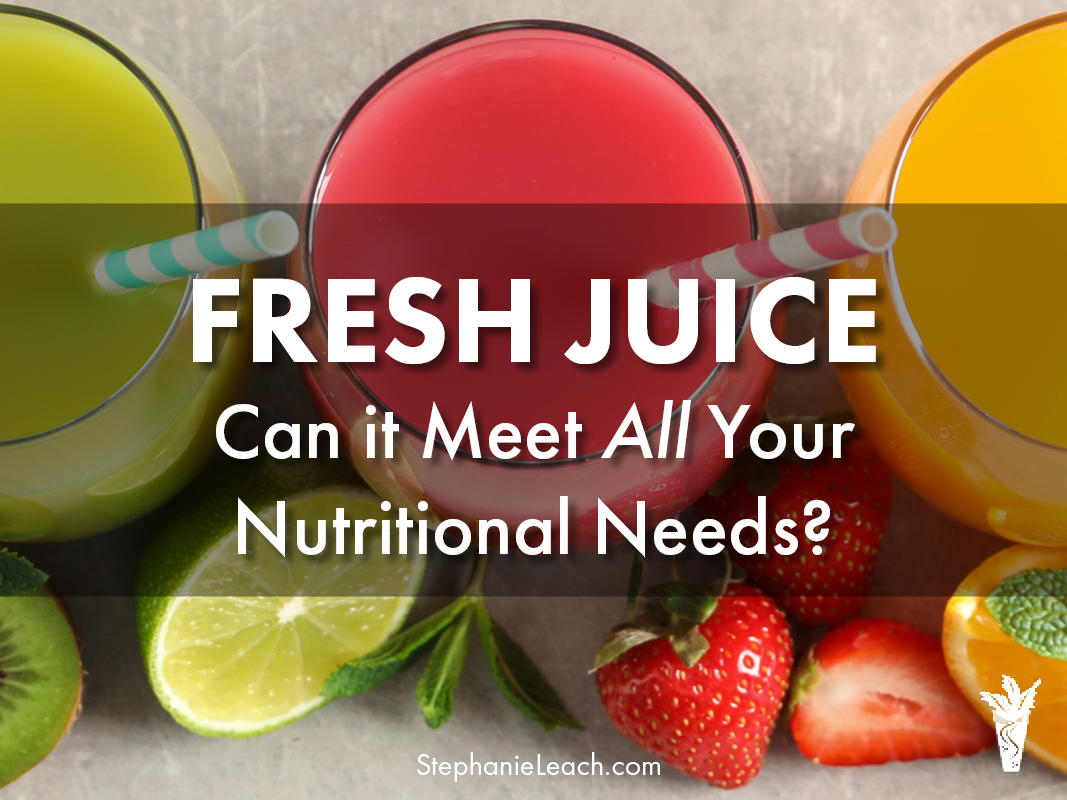
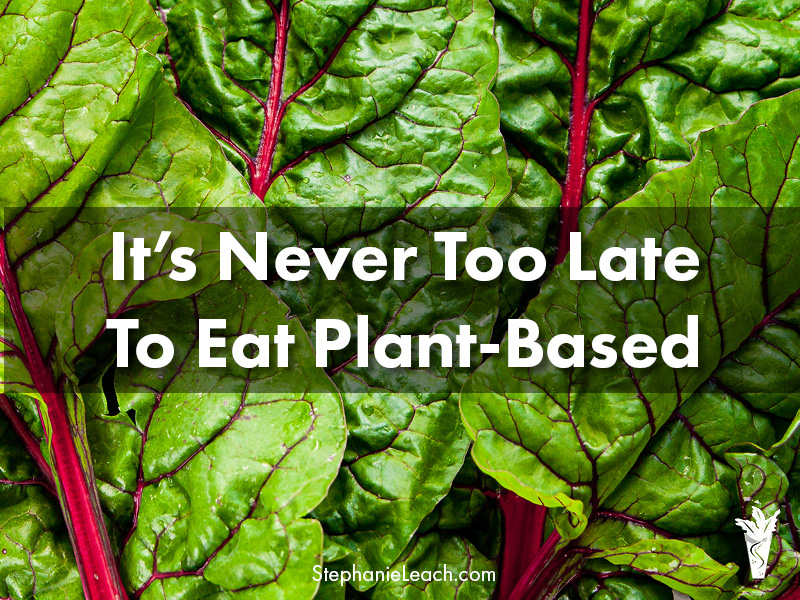


Leave A Comment